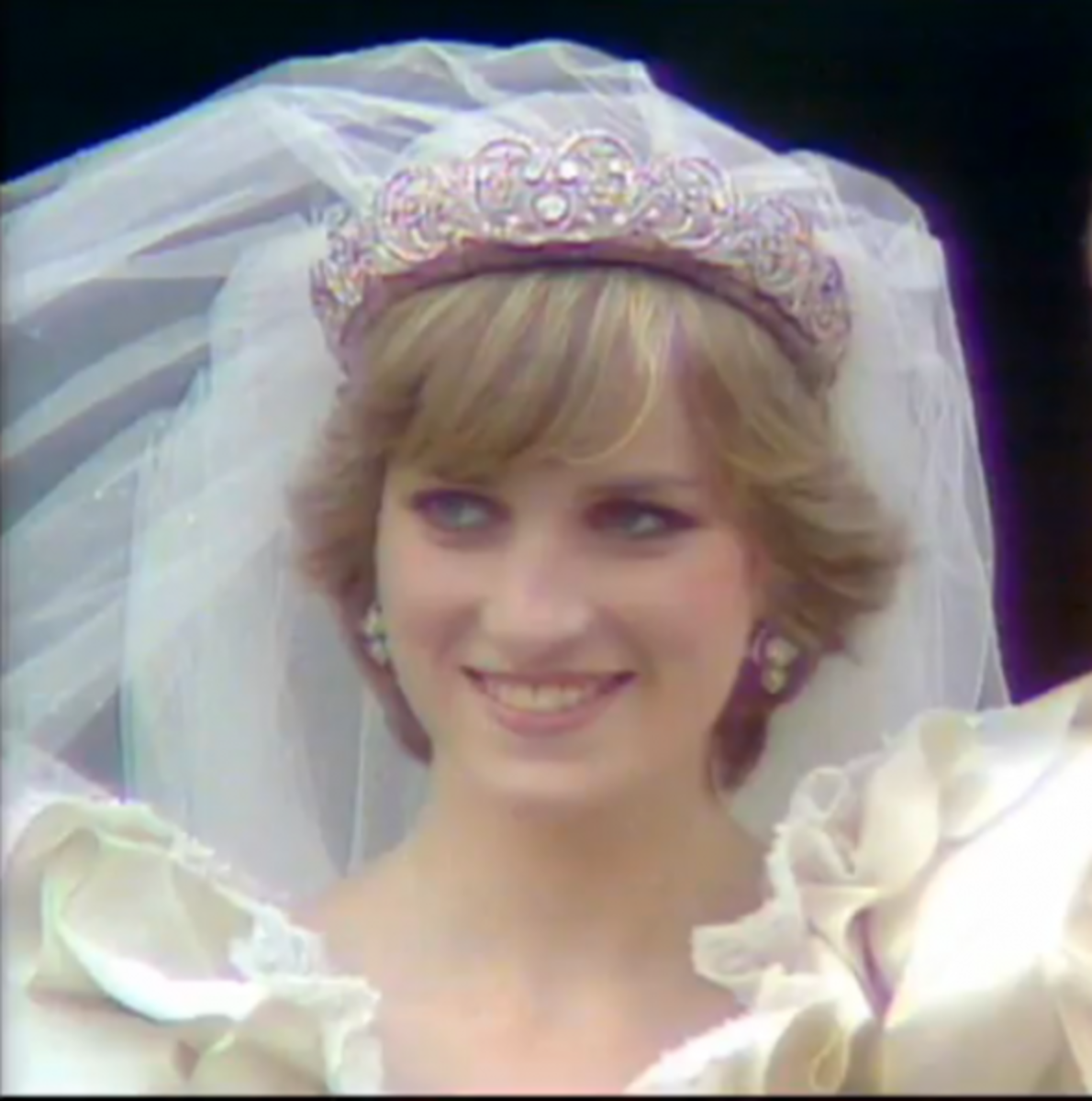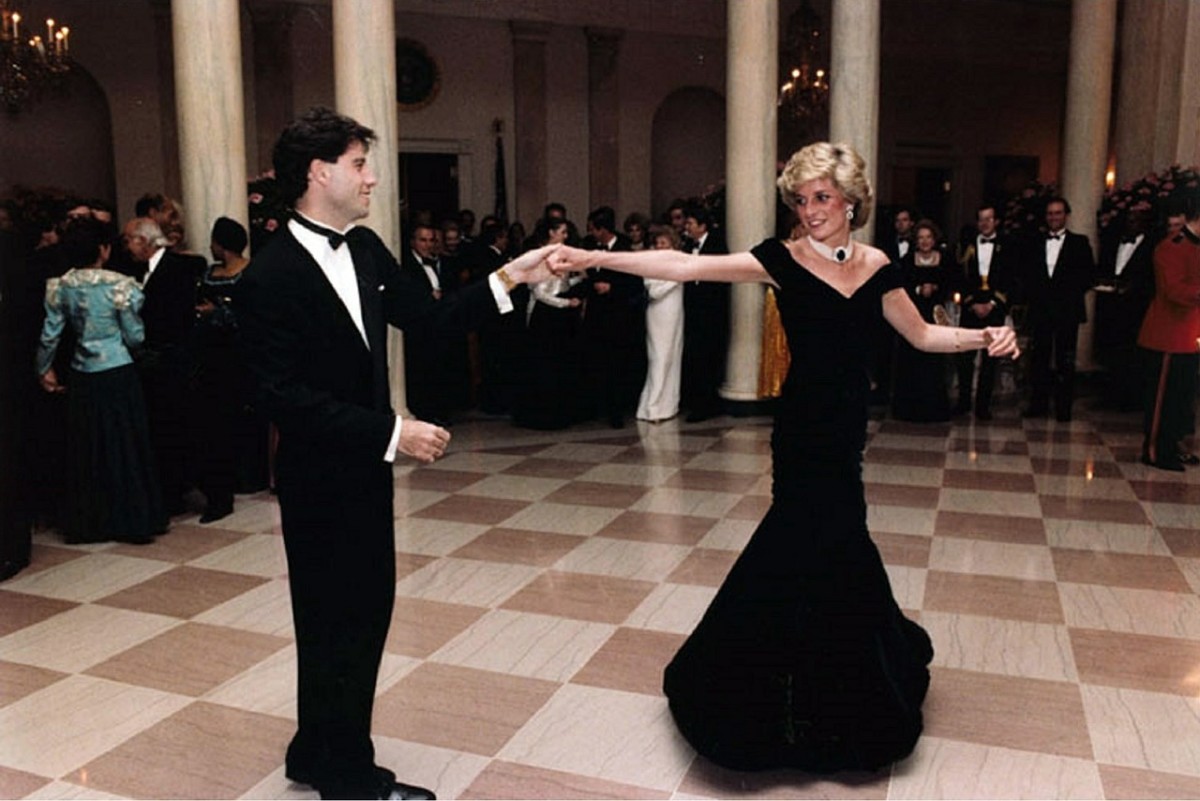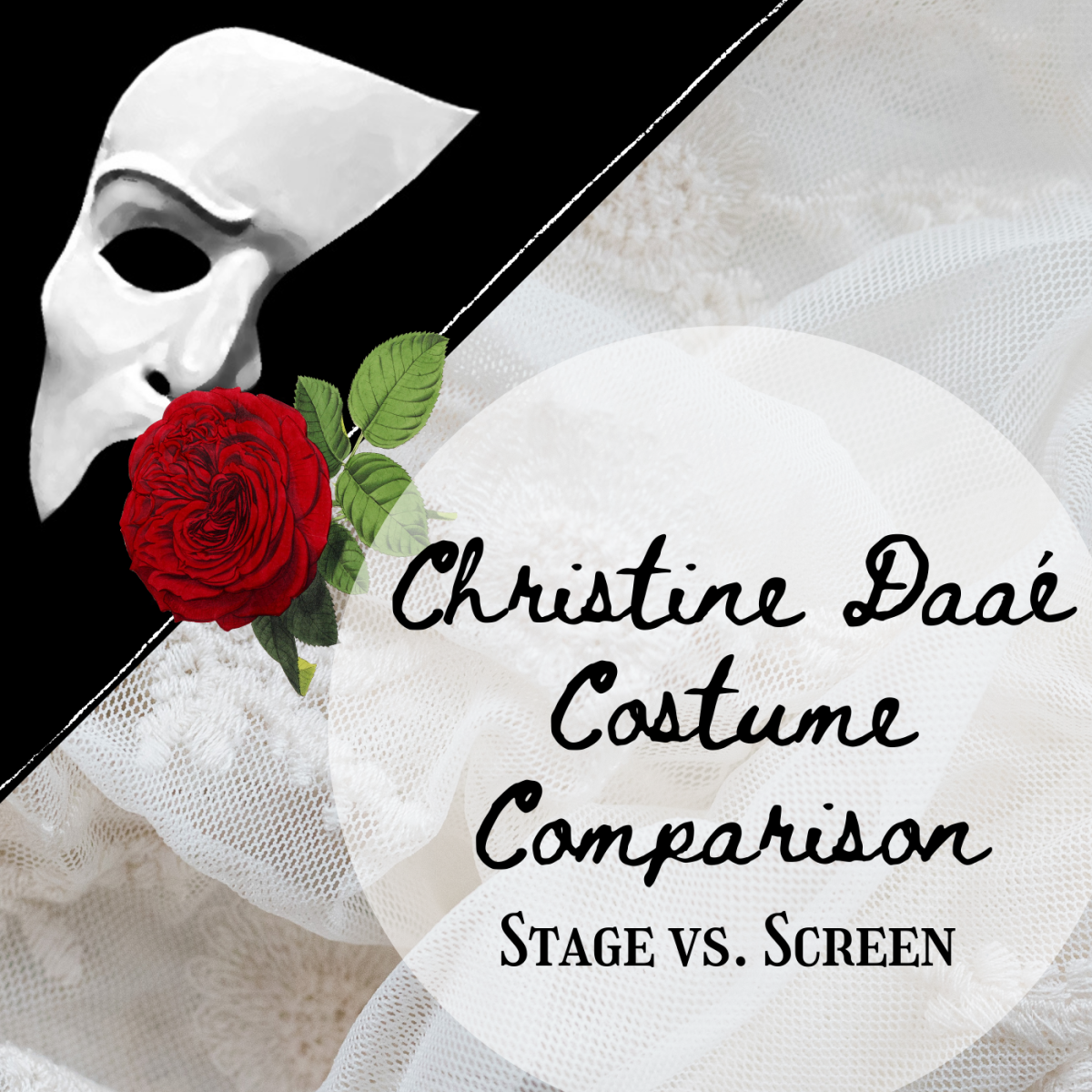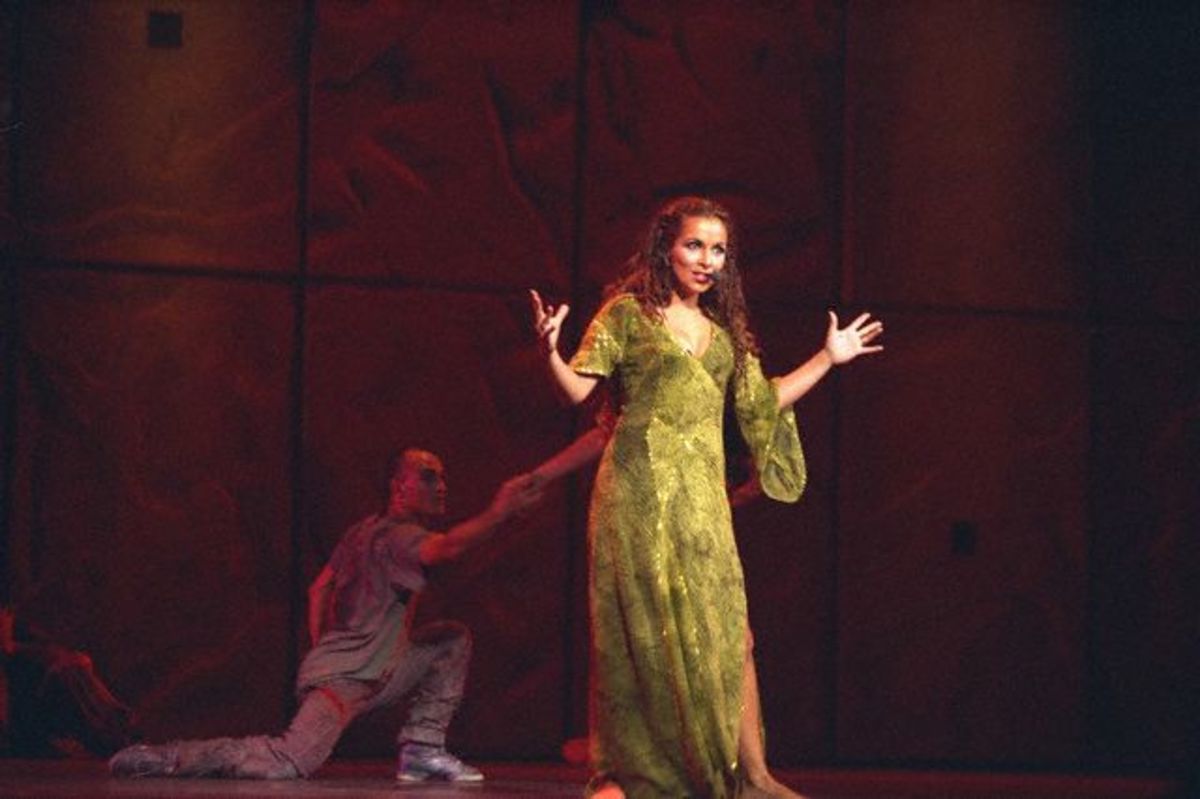The Diana Tapes: A New Play About Princess Diana
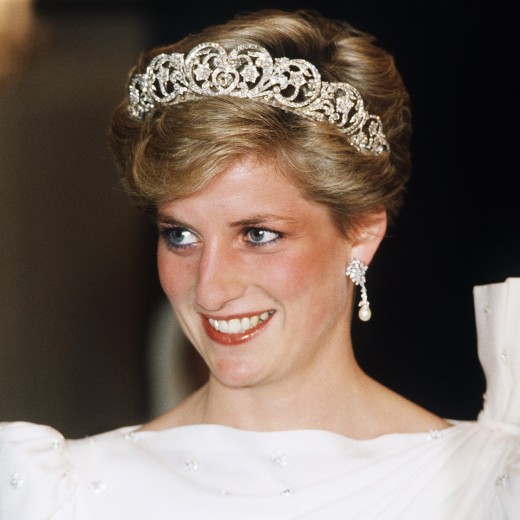
The truth is a dangerous thing. Honesty can destroy a relationship, overthrow a government, and make a long-beloved institution into a hated one. Playwright James Clements covers this theme among others in his new play The Diana Tapes, currently playing as part of the HERE Sublet Series and produced by the theatre company What Will The Neighbors Say?
The play is about Princess Diana, and her secret collaboration with Andrew Morton on his biography Diana: Her True Story. Determined to tell her own story, Princess Diana recorded tapes discussing her troubled marriage, and her resulting struggles with bulimia, and self- abuse. Doctor James Colthurst, her close friend, would record these tapes with Diana and deliver them directly to Morton. The tapes contained shocking revelations about Prince Charles's cruel treatment toward Diana, and portrayed the royal family as a ruthless clan. The biography's release had a devastating impact on the monarchy's reputation, and made millions question whether the monarchy should continue to exist. The royal family has never been the same since, and throughout the play, the significance of Diana's remarks weighs heavily on the characters' shoulders.
And playwright James Clements does an incredible job of telling this important story. The play is structured as a series of short episodes, each one seamlessly flowing into the next. The scenes are charged, concise, and brimming with tension; the audience is left wanting more at the end of each segment. The characters are also specific, and well rendered. Andrew Morton is portrayed as a blue-collar man who is in awe of the royal family, Michael O'Mara is painted as an ambitious book publisher with dollar signs in his eyes, and Diana's friend James is the devoted friend who is deeply concerned for his friend's well being. And then we have Diana herself. Diana is not portrayed as she usually is. Instead of being a style icon or a do-gooder, the Diana of this play is a charming albeit vengeful woman who is hell bent on telling her own story. In spite of James's warnings, she reveals her intimate secrets to thwart her oppressors and reclaim her power and identity. Clements' Diana is brave, but also conniving, and seeing this more realistic portrayal of the Princess of Wales is thrilling. It is rare to see a woman reclaim her power and take control of her own destiny on stage. In the context the #MeToo movement, this is a portrayal of Diana that is very much in step with the zeitgeist.
And Ana Cristina Schuler, the actress playing Diana, did a marvelous job of bringing this icon to life. Schuler had clearly done her homework: her posh accent, sly smile, and noble bearing while playing the Princess were spot on. She also struck a nice balance between showing Diana's sorrow and her joie de vivre in a role that could have easily been just played as tragic. It was also refreshing to see such a young actress take on the role of Diana; it reminded the audience that the Princess was just 20 years old when she married into the royal family. James Clements, the play's author, also turned in an excellent performance as biographer Andrew Morton. The great passion and fear Clements showed for Diana was the play's driving force. And the conflict between these two emotions imbued Clements' words with a tension that was riveting. Sam Hood Adrain also turned in a terrific performance as the fast-talking, ambitious book publisher Michael O'Mara, and Jorge Morales Picó's portrayal of Dr. James Colthurst was sensitive and deeply felt.
The only major issue with the show's acting was the actors' lack of voice projection. Even in the small venue, you could barely hear what the actors were saying. This lack of engagement in the actors' bodies also robbed their performances of an energy that would have heightened their emotional presence on stage. In recent years, the use of microphones in theatres has made actors barely audible in performance, and as a result, they often turn in lackluster performances. This issue, however, is very solvable, and is something I am certain the actors will iron out as they move through previews.
The show's set and lighting were also highly impressive. The set was very simple, consisting of just tables and chairs, which the actors moved themselves between scenes. The set's plainness made you focus solely on the story, and was in keeping with the simplicity of the script. The lighting was also terrific. Between scenes, lighting designer Elizabeth M. Stewart would project flashes of magenta and other bright colors onto the stage, which illustrated the intensity of the characters' emotions. This production is a fine example of how much a team of artists can accomplish on a low budget. I would have been very happy with this play's production values at any of the larger, more prominent theatre companies in New York.
The show's costuming deserves a mention as well. It was spot on: they clothed Diana in the oversized running suit jackets she so adored, and dressed her in evening gowns that were the exact shade and fit of the ones immortalized in tabloid photos from that era. Ana Cristina Schuler even had the famous sapphire engagement ring on her finger now worn by Kate Middleton. From the audience, it looked like the real McCoy. I give the costumers credit for paying such close attention to detail, and for bringing the story to life for the fans of Diana in the audience.
In the final scene, a hall of mirrors surrounds the Princess of Wales. Amid darkness, Diana removes her jewelry, slowly taking off her necklace, rings, and earrings one piece at a time. She then removes her dress, and is in just a simple slip facing the audience. Her biographer, publisher, and beloved friend surround her, and one by one, they dress her in the outfit that she has just removed. A chilling quote plays over the intercom about the nature of mortality, and how "time is precious." The abstractness of this scene is both mysterious and beautiful. It elevates the show from a mere play into an experience of fantasy that can only happen in the medium of live theatre.
Diana herself would have been proud of this play. The play portrayed her just how she was in real life: a kind but calculating young woman desperate to find dignity in a life that was cut way too short. Risking everything, Diana told the truth of her life to the public, and in turn reclaimed her power. This play's honesty continues that legacy.
The Diana Tapes plays from May 24-June 10 as part of the HERE Sublet Series. Tickets can be found at: http://here.org/shows/detail/1969/.
© 2018 Mark Nimar



